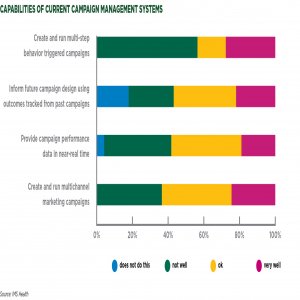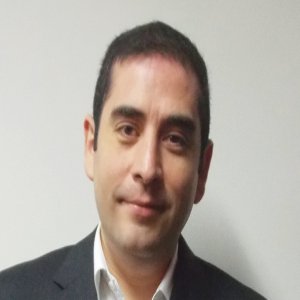The Right Talent for the Right Job

STORY INLINE POST
Q: How has the pharmaceutical industry evolved in the last decade?
A: Given the variety of businesses operating in the pharmaceutical business, our idea was to develop a methodology that would be applicable across the board. Customer service and a small-scale, high-quality production strategy are common concerns across the sector, so we based our strategy on these principles. This made us distinct in the pharmaceutical industry and we have had considerable impact in the field. Mexico has a lot of talent but orienting the work force is more problematic. The US spends more on nourishing our talent than Mexico does. Our challenge is to train and lead people correctly.
Q: How has the HR sector changed?
A: Pharmaceuticals is a mature sector, with a strong tradition of research, new ideas, and many clinics. This means that a base of specialized personnel is readily available. The tendency we are battling, not only prevalent in pharmacy, but in all sectors, is outsourcing, which puts too much distance between companies and the industry as a whole. Quality, as a result, is dropping. The links between research and the patient are weakening. In the past, medical evaluations were conducted by people with a medical background and many years of experience working with us. Now, though, these visits are conducted by financial departments, who want cost-effective labor practices. The people hired nowadays tend to be young, without much experience or interest in the industry. Because outsourcing increases rotation, workers find themselves demotivated and on low salaries. My own recommendation is that if a business has too small a budget to hire 200 sales representatives, then it should take on 50 good ones, contracted by the business, who will be better paid and more motivated.
Q: How do you define your work?
A: Many in the sector misuse the word “headhunter,” unaware of the word’s association with the Wild West, the capture of criminals, and working for whoever will pay the right place. For me, improper use of words leads to improper actions, so I avoid this one. We are human resource consultants, and we operate on a very small scale, a “boutique-scale” because our clients appreciate the personal attention we give them. Our scale allows us to send only those consultants who know what they are talking about. Often, businesses will offer a variety of services, but we specialize. We begin to monitor talented candidates early in their careers, and follow them through their maturity. We understand the difference between knowledge and information, because this is what companies want. They want everything not included on the average CV.
Q: With patents running out and so much untapped potential in Mexico, is there a crisis in the innovation industry?
A: The present challenge centers on logistics. Large laboratories are losing money because they put too much weight on one area and neglect than others. One market tactic applies to vehicle production clusters, but another ought to apply to the medical industry. While pharmaceutical plants struggle to synchronize with other countries and their alignment with big capital, government, and regulation, plants will shut and jobs will be lost. However, one must mount a local solution to a global problem. As the industry adapts, personnel move from larger plants to smaller, more effective ones. The industry will survive. It’s like a river and needs to ebb and flow, but always to flow. The tendency now is moving away from high-intensity production plants, which favors small local laboratories.
Q: Do you find that companies are looking for more researchers these days?
A: Research and innovation have always been important. Mexico has a lot of talent, but it is in an asymmetrical relationship with structure and financial backing. We have a lot of research centers with so much money that they begin to waste funds on bureaucracy and professionalization. Research must be free, curious, and uncontaminated by a corporate mentality. Hunger for achieving ideas rather than hunger for money is what keeps freedom alive.
Organic growth, however, is when five or ten companies enter and dominate, but split into 30 small ones. In Europe laboratories tend to be very small but very effective. When they hit a growth ceiling, they move to Latin America and look for more talent. The potential we have is world-class.























